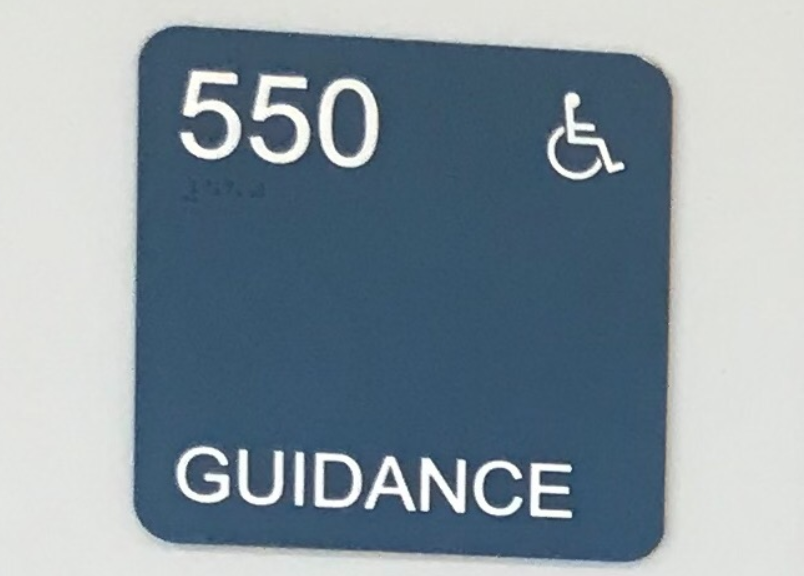By Ella Bloomingdale ’20
Although Staples has an office full of counselors theoretically willing to address our various problems, it is sometimes difficult for students to sit down one-on-one with their counselors. Often, it can be a struggle to find a mutually convenient time to meet with guidance counselors. Either the guidance counsellors’ schedules are filled with “planning periods” or the student’s schedules are packed with classes, sports and other activities.
Evi Tarshis ’20 shares her opinions about her experiences with her guidance counselor.
“It’s very rare that I ever make an appointment with my guidance counselor. While it seems as easy as walking in and writing your name down, it’s not. My guidance counselor is always busy with something, it might not be the fault of their own, but it’s still very annoying,” Tarshis said
Although it is a student’s duty to stay on top of all their work, it’s inevitable that they face times of struggle and will need assistance from someone reliable. Because of this, all teenagers can benefit from the aid of a guidance counselor: someone to talk to when their minds are clouded with friend, family and school problems. This is why it’s critical for students to have someone they feel comfortable reaching out to within the Staples community. According to Goodtherapy.org, guidance counselors can “help students choose careers and plan for college, and intervene when students face behavioral, physical, or mental health challenges.”
But, at the end of the day, it all depends on whether or not our guidance counselors are able to help students in in the most efficient and beneficial manner.
“At this point, I don’t really ever reach out to my counselor because I have learned to solve problems on my own, but it would help to know that I always had a safety net for when I am really in trouble,” Tarshis said.
Tia Farlow ’20 has found this issue especially pertinent during her time at Staples. Coming from Greens Farms Academy, she has found the lack of personalized time with her guidance counselor to be at odds with her experience at a private school.
“Every time I try to meet with my counselor, she is never in school,” Farlow said. Because of the difficulty of finding a time to meet that works best for both her guidance counselor and her, Farlow found the entry process into Staples to be a challenging transition.
Despite these challenges, the guidance department maintains that its doors are always open for students. “Students are always welcome to schedule an appointment with us, and many do,” William Plunkett, Head of Guidance at Staples, said. “If there are things we feel like we need to reach out to students, we either email them or say why don’t you come in and meet with us,” Plunkett added.
Even though Staples guidance department maintains an open door policy, in a school the size of Staples it can nevertheless be frustrating if the counsellor can’t immediately address a student’s concerns. For instance, counselors have to balance the urgency a student may feel in making a schedule change against the difficulty of upending class ratios and schedule loads. Dropping a class or moving down a level can have a significant impact on a student’s grade, making this an issue that student’s feel must be addressed immediately. If the guidance departments lack availability and urgency to address these problems, it can leave students struggling and frustrated.
After reviewing this problem, it is evident that while the guidance department has a lot to offer students, improvements can be made. Something needs to change. Guidance should be an outlet for all students. I believe that Guidance Counselors should start reaching out to their students at least once a quarter. Adding to this, they should put themselves back in high school and try to be more understanding about student struggles. It should be a source that helps ease a freshman’s transition into high school and a senior’s application process to college.














































